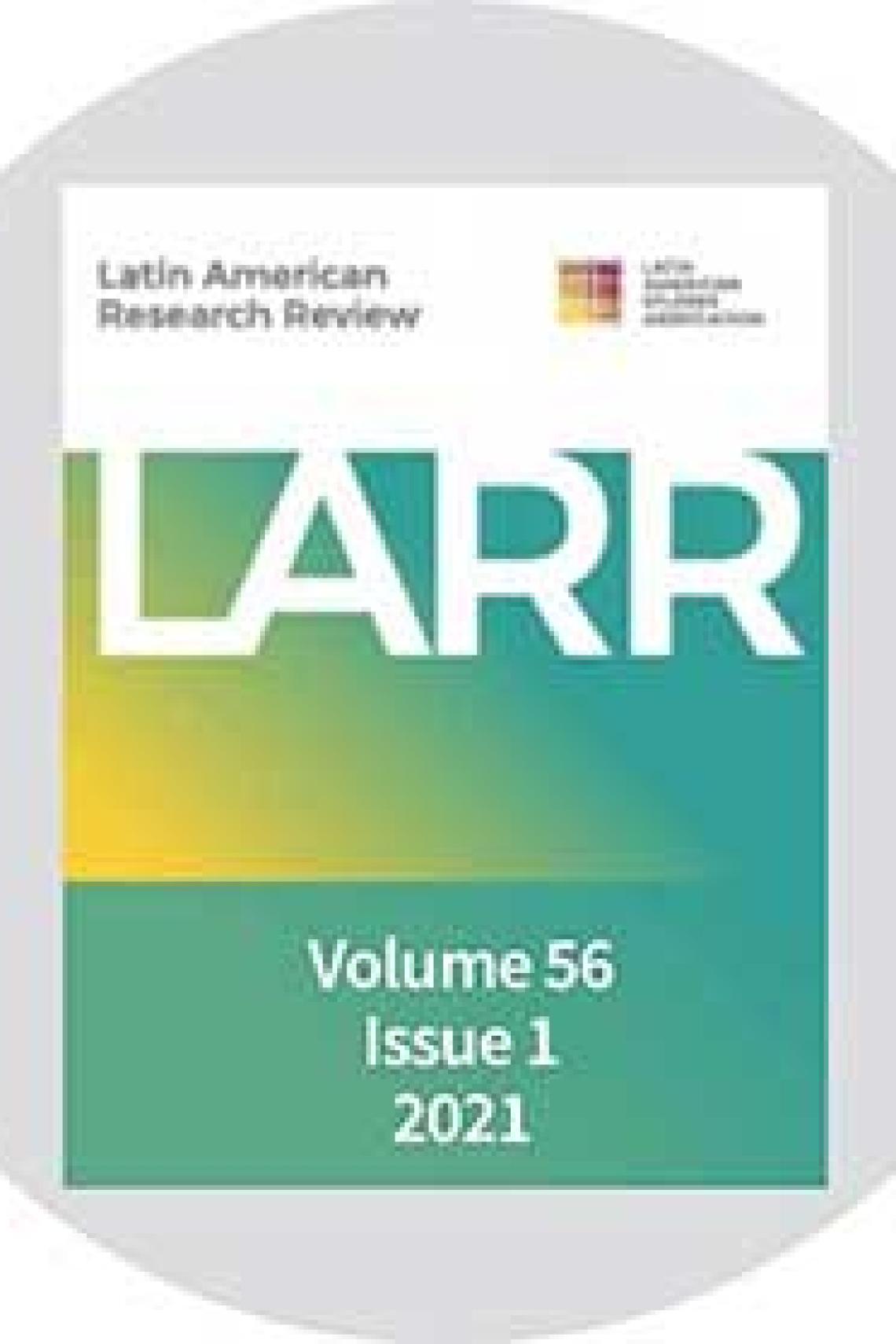New article by Francesca Lessa focuses on use of archives in human rights trials in Latin America
A new article by Francesca Lessa focuses on how archives were used in two human rights trials in Italy and Argentina against members of the transnational network of repression known as Operation Condor.
Since General Augusto Pinochet’s detention in 1998, an unprecedented number of human rights trials has taken place across Latin America.
The main source of evidence employed in these proceedings are victims’ testimonies: in fact, records documenting human rights violations are generally unavailable, having either been destroyed or hidden. When archives do exist, they do not usually identify individual perpetrators or victims, nor do they directly establish criminal responsibility.
This article focuses on two criminal trials that unfolded in Argentina and Italy and closely probed the atrocities of Operation Condor. It contends that archival documents only contain remnants of truth and fragments of evidence. These slivers have to be interpreted, contextualized, and sometimes even questioned in order to render them relevant and useful to criminal investigations of past atrocities.
Specifically, the article deconstructs the role that different trial actors—including public and private prosecutors, archivists, experts, witnesses, lawyers, and judges—played in the courtroom, engaging in proactive efforts to piece together the evidence that archival records possess and activating their content.
Francesca Lessa (2021) 'Remnants of Truth: The Role of Archives in Human Rights Trials for Operation Condor', Latin American Research Review, DOI: 10.25222/larr.769

